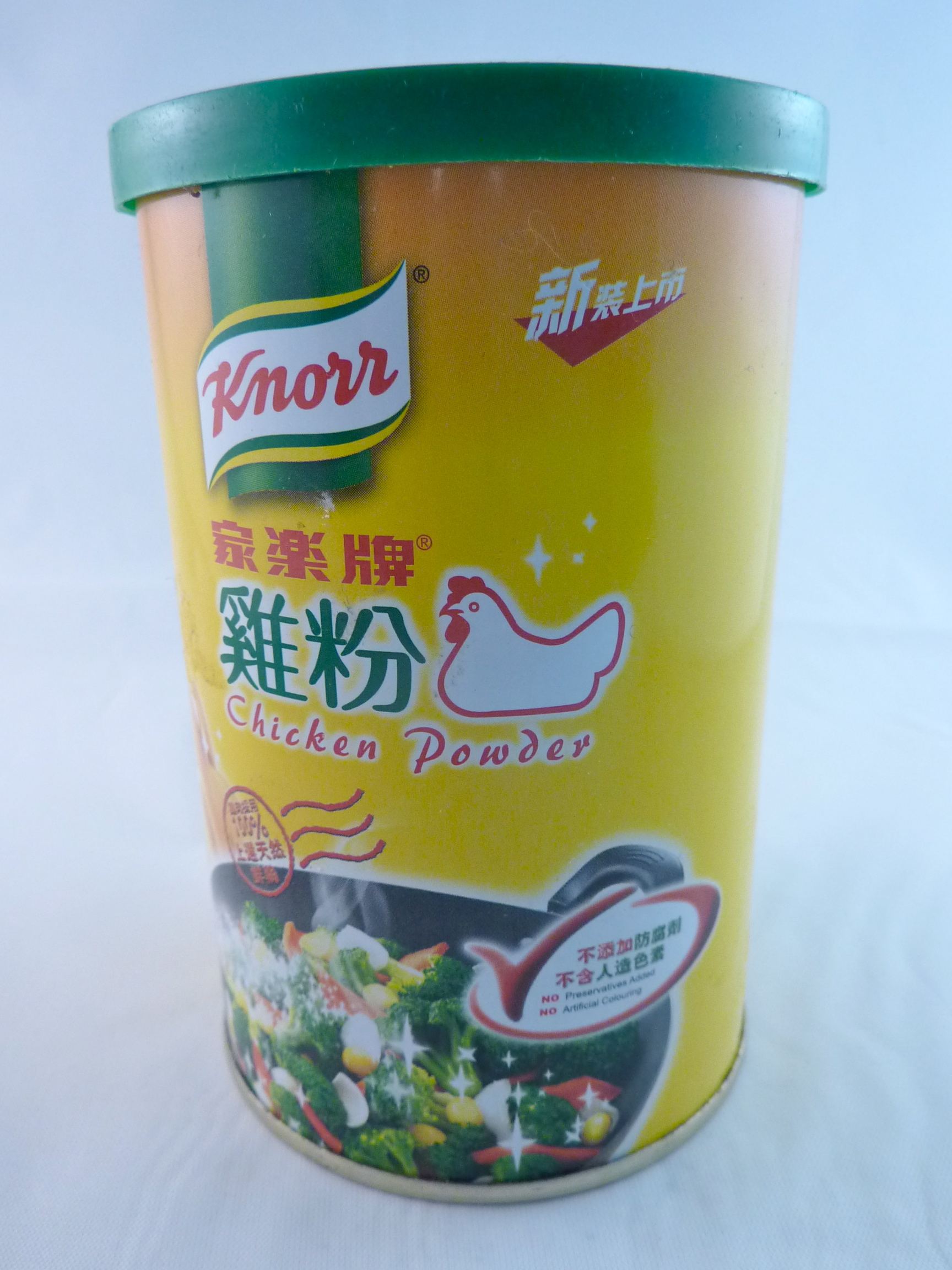Chinese New Year has finally come, and your parents have decided to take the whole family out at the local Chinese restaurant to celebrate the festivities. You decline after remembering how much the restaurant loves putting MSG into their meals. Nevertheless, you cannot seem to really recall why you detest the incorporation of MSG, or monosodium glutamate, into food. What is wrong with MSG again?
Before relying on the public’s generally negative perception of the headache-inducing, fatigue-causing MSG, it is important to find out the truth behind all this commotion.
MSG is commonly used as a flavor enhancer for many Asian, particularly Chinese, cuisines. It was first isolated from seaweed in 1908 by Japanese scientist Kikunae Ikeda who described the compound as a flavor enhancer for umami (savory) receptors on the tongue. After his discovery, he decided to artificially manufacture MSG and incorporate it into food as a flavor enhancer. Furthermore, since MSG is the salt component of glutamic acid, it is often used as a substitute for table salt, as it only has a sodium content of 12% compared to 39% for table salt. A lower sodium content is better for the body as a higher sodium content increases the risk of high blood pressure, heart attack, stroke, and possibly heart failure.
Image Source: Richard Baker
So, how exactly did MSG achieve its infamous reputation? Well, it turns out this relatively recent frenzy all began with a disgruntled scientist who complained about his Chinese food (MSG has actually been used for more than 100 years as flavor enhancer at this point).
Robert Ho Man Kwok, after supposedly suffering a series of various ailments from eating the Chinese food, coined the term “Chinese-Restaurant Syndrome” to describe his symptoms in a letter to the New England Journal of Medicine. In his words, “the syndrome, which usually begins 15 to 20 minutes after [eating] the first dish, lasts for about two hours, without any hangover effect. The most prominent symptoms are numbness at the back of the neck, gradually radiating to both arms and the back, general weakness and palpitation.” Kwok did not know what exactly caused his symptoms at the time but guessed that it may have been due to the “high dissociation constant of the organic salt, monosodium glutamate.” Unbeknownst to Kwok, his complaint would create a huge ripple effect not only in the food industry but in the general public also.
After numerous research on the health effects of MSG, scientists and the FDA have indeed concluded that MSG is safe at ordinary levels of consumption; the symptoms so many people have been experiencing from consuming MSG is most likely due to its over-consumption. Therefore, the key point of focus is that MSG is okay when eaten in moderation. As the famous Greek philosopher Epictetus once said, “If one oversteps the bounds of moderation, the greatest pleasures cease to please.”
Featured Image Source: Knorr chicken powder by kattebelletje











Still remember the old commercial on MSG, they would sprinkle MSG on food like sugar. This is a very well written article!